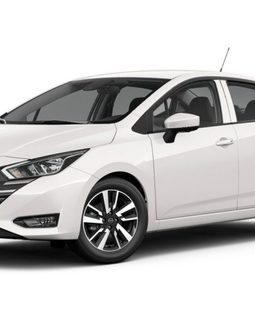Brakes are essential in a car and can cause problems if there is no maintenance. Even cars that are in good shape can also have a fault. The safety of drivers and their passengers also depends on the brakes. These can fail if you go at high speed. The situation is more serious if you cannot find the cause of the brake failure.
We recommend that you examine the brakes before driving. You can do a brake test. This consists of stepping on the pedal when entering the car to check the resistance of the brakes. This consists of gently depressing the brake pedal when starting. These are some of the most common problems.
Experiencing a jerk when braking
The cause may be a frozen clamp. If when you force yourself you notice that the car pulls to one side, it means that there is a problem in the braking system. Clamp freezing can take a long time, because the process is gradual and difficult to notice.
Steering wheel vibration
This happens when you go at high speed. This can be caused by heat affecting the pads, the front rotors may be warped, or they may have hot spots. Rotors can rust from lack of use of the car. Moisture or rain causes the rotors to rust. The best solution is to coat the rotors or change them.
Up and down pulsation of the brakes
The deformation of the rotors causes the pulsation of the brakes. Rotors lose their shape over time due to the effect of heating or cooling over time. It is common in the cars of those who then brake inside the city.
Brakes make a lot of noise
They shouldn't make a lot or any noise when you press them. Although they can sometimes make moans, squeaks when you press them. If this happens, you should go to a workshop to check them. They may need adjustments. The noise can also be from loose wheels, misalignment, and excessive rotor travel.





